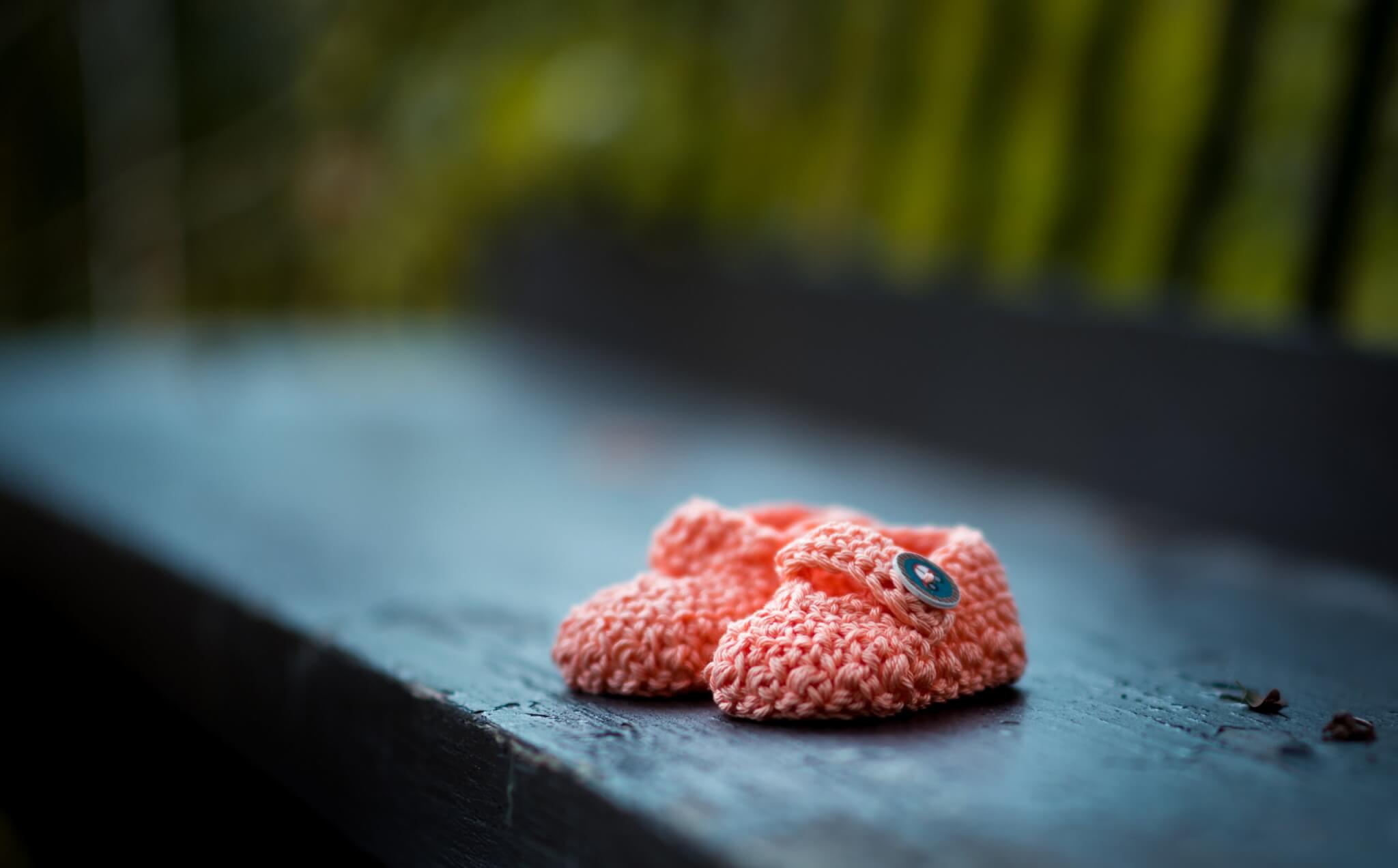
Infertility can generate apprehension, anxiety and frustration among many couples who dream of having a baby. Data from the WHO (World Health Organization) show that 50 to 80 million people around the world can be infertile and that cases related to infertility are divided equally between men and women. However, there are external factors that can impact reproductive health. Does Cannabis Use Affect Fertility?
Studies related to cannabis and infertility can still be better explored, but there is already scientific evidence that can help guide doctors and patients in cases related to reproduction and consumption of the plant.
When it comes to infertility and cannabis in women, science brings some more cohesive answers. Although the increased frequency of marijuana use is associated with improved sexual function among female users, according to a study published in the Journal Of The International Society for Sexual Medicine, when it comes to fertility, the results are not so promising.
A review published in the Journal of Ovarian Research, in order to describe and discuss data from human, animal and in vitro studies on the role of the endocannabinoid system in female reproductive tissues and processes, came to the conclusion that the effects of exogenous cannabinoids can interrupt homeostatic mechanisms (balance of chemical functions) of the Endocannabinoid System in female reproductive processes and lead to infertility through dysregulation of ovarian function.
Another study associated the use of smoked Cannabis with a shorter average time of conception compared to women who are not users of the plant in this modality, therefore, there is evidence that the plant affects fertility.
Other research that supports the thesis that cannabis can negatively impact female fertility was carried out in animals by researchers at the University of Guelph, Canada. According to the study, female eggs exposed to THC, the psychoactive ingredient in cannabis, have the ability to impair the production of viable embryos – and are significantly less likely to result in a viable pregnancy.
Male Infertility and Cannabis
If scientific studies indicate that cannabis should not be consumed by women who want to become pregnant, research related to cannabis and male infertility is still conflicting and needs further efforts to reach a conclusion both regarding fertility and sexual function.
North American researchers conducted a randomized study on sperm from sexually mature rats and humans exposed to THC which pointed out that the substance would have caused changes in the DNA of sperm, and men who smoked cannabis had a lower concentration of sperm compared to those who did not use it. of the plant.
This indicates that male fertility can be harmed by THC consumption. However, the researchers themselves warn of the need for new and larger studies.
However, a survey published in February 2019, in Human Reproduction, found the opposite of the results of US researchers.
The researchers hypothesized that smoking marijuana was associated with poorer semen quality. Previous studies of cannabis have suggested that it is associated with negative effects on male reproductive health.
For this study, researchers collected 1,143 semen samples from 662 men between 2000 and 2017. Analysis of the semen samples showed that men who smoked marijuana had higher mean sperm concentrations compared to men who never smoked cannabis.
The study also found that, among cannabis smokers, greater use was associated with higher serum testosterone levels.
In a publication posted on the Harvard website, the study’s lead author stated that the findings were contrary to the initial hypothesis. However, they are consistent with two different interpretations.
“The first being that low levels of cannabis use can benefit sperm production because of its effect on the endocannabinoid system, which is known to play a role in fertility, but these benefits are lost with higher levels of marijuana use.” , said Feiby Nassan, a postdoctoral researcher at the Harvard Chan School.
In view of the studies presented, the ideal is for the prescribing physician to assess the risks in cases of patients who seek cannabis therapy, but intend to have children.
read more
How to set Cannabis dosage? Understand how the dosage is done
All about Delta-8-THC and its medicinal properties








